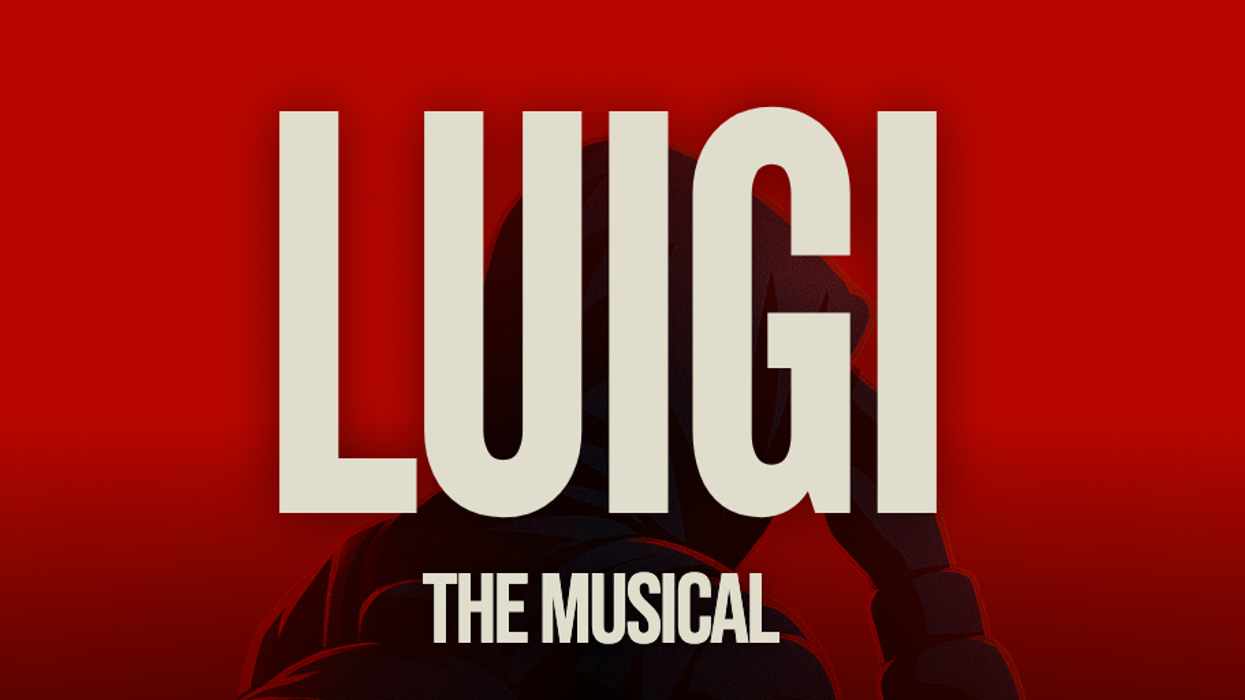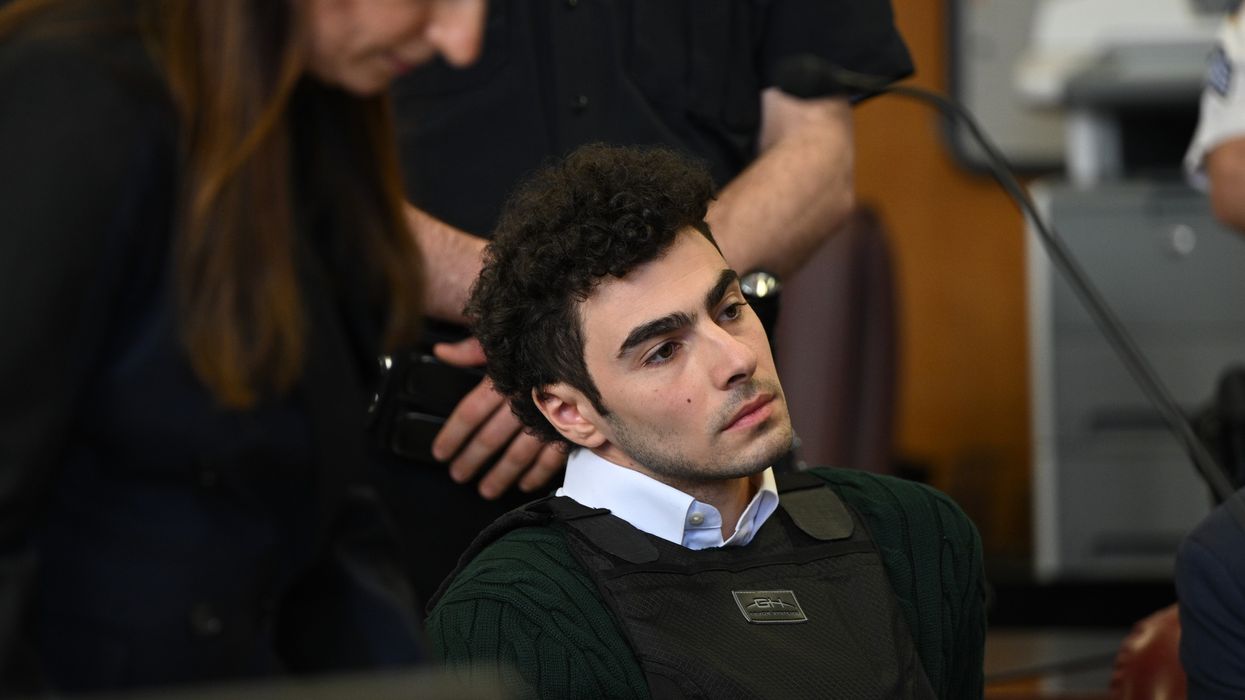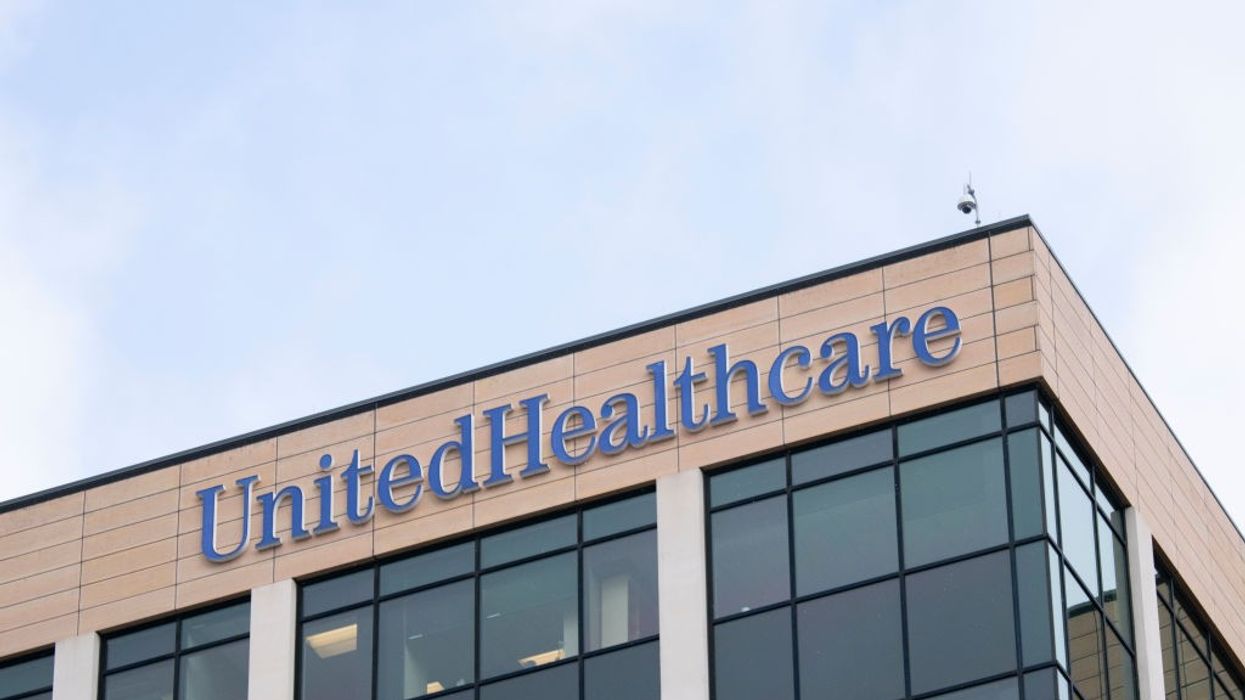'Luigi: The Musical' Premiere Run Already Sold Out in San Francisco
"This show is not a celebration of violence of any kind, nor is it an attempt to pass judgment on an ongoing legal matter," say the producers. "Instead, Luigi: the Musical uses satire to ask deeper cultural questions."
A stage musical based on the life and actions of accused murderer Luigi Mangione, charged with killing UnitedHealth chief executive Brian Thompson earlier this year, will debut in San Francisco next month—and the run of the show featuring the high-profile case is already sold out.
Mangione—who has taken on cult status in some quarters over the brazen and cold-blooded killing that served to highlight the nation's cruel, profit-driven healthcare system—is facing a possible death sentence if found guilty on federal charges related to Thompson's murder.
"Why did a figure like Luigi become a kind of folk hero in certain corners of the internet? What does that say about how we see institutions in America today?"
The producers "Luigi: The Musical," who describe the play as a "wildly irreverant, razor-sharp comedy" about the "alleged corporate assassin turned accidental folk hero," also acknowledge how inherently controversial and provocative the show will be. According to the play's website:
This show is not a celebration of violence of any kind, nor is it an attempt to pass judgment on an ongoing legal matter. Our hearts go out to the family of Brian Thompson, and we acknowledge the pain and complexity surrounding this case.
Instead, Luigi: the Musical uses satire to ask deeper cultural questions. Why did this case strike such a chord with so many people? Why did a figure like Luigi become a kind of folk hero in certain corners of the internet? What does that say about how we see institutions in America today?
The show will run at the Taylor Street Theater in the city, premiering on June 13th for an initial two-week run. As of this writing, all shows are sold out, but new dates for an extended run are set to be announced.
Produced by Caleb Zeringue and directed by Nova Bradford, the script was written by the pair alongside Arielle Johnson and Andre Margatini. The original music and lyrics for the show were composed by Johnson and Bradford.
In the show's imagination, Mangione finds himself in a jail cell with convicted crypto-banker Sam Bankman-Fried and indicted hip-hop producer Sean "Diddy" Combs. While absurd in some ways, the origin story of the play is based on the fact that all three men were, for a period, all held at the same detention facility.
In an interview last week with the San Francisco Chronicle, Zeringue said all three men "represent these big pillars of institutions in society that are failing in their trust: healthcare, Hollywood, and then big tech."
Bradford, also speaking to the Chronicle, said that the play seeks to explore society's tendency "to project meaning onto these types of figures," but that the show is "not valorizing" any of them, nor "trivializing any of their action or alleged actions."
"Our hope is that Luigi: the Musical," say the producers in their show notes, "makes people laugh—and think. We're not here to make moral proclamations. We're here to explore, with humor and heart, how it feels to live through a time when the systems we're supposed to trust have stopped feeling trustworthy."


